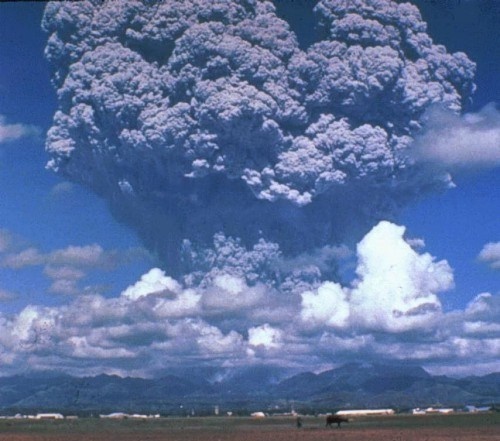Page History
The world is unprepared for the next large volcanic eruption which could trigger global surface cooling for years to decades. Scientists are working together to bridge the gaps in our understanding of the impacts of large volcanic eruptions and define what's the strategy to be better prepared for the next one.
VolRes (Volcano Response) is an international climate initiative from the WMO-SPARC-SSiRC working group (http://www.sparc-ssirc.org) to be better prepared for the next large volcanic eruption. The VolRes group is composed of 120 scientists across the world aiming to coordinate a response plan after the next large volcanic eruption using observational and modelling tools. Please contact Jean-Paul Vernier at NASA's Langley Research Center (LaRC) and Claudia Timmreck from the Max Plank Institute (MPI) in Germany if you want to be part of this initiative and be informed through the VolRes mailing list.
| Hide child pages |
|---|
| Hide comments |
|---|
